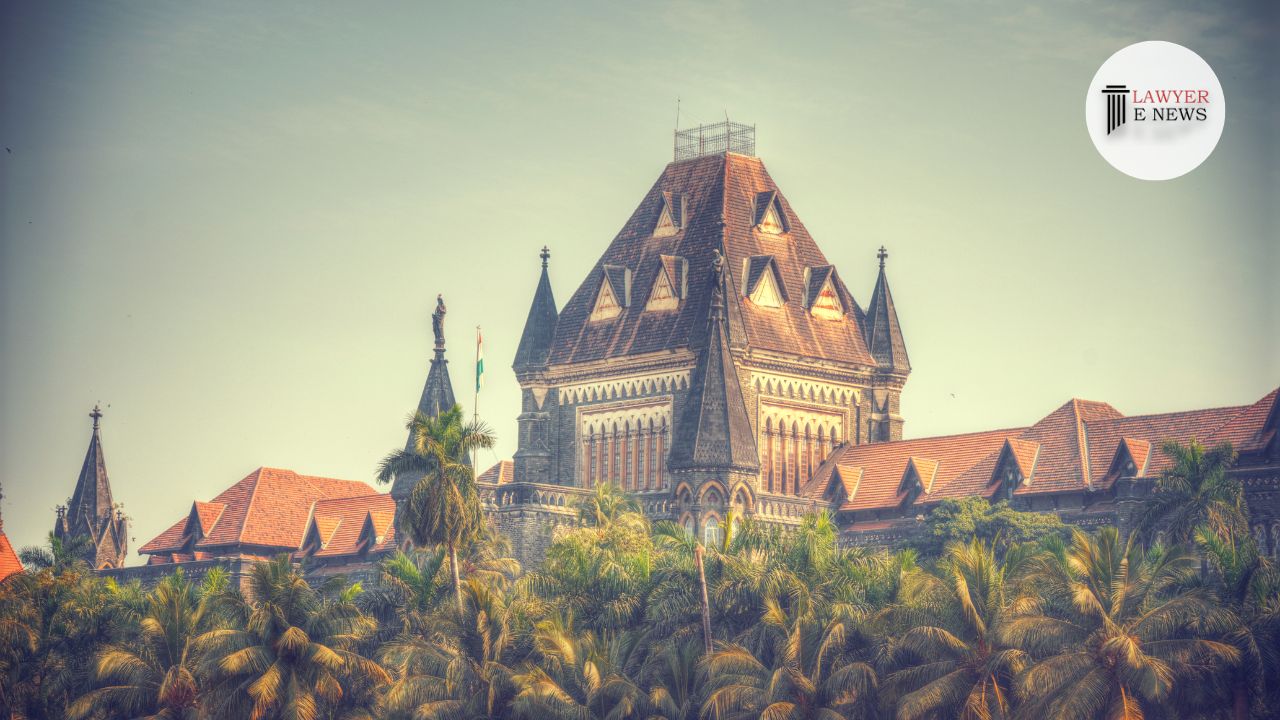-
by sayum
16 February 2026 8:46 AM



In a landmark judgment, the Bombay High Court has overruled the decision of the Motor Accident Claims Tribunal, which had held that a Heavy Goods Vehicle (HGV) license holder driving a Light Motor Vehicle (LMV) at the time of an accident constitutes a breach of insurance policy terms.
The core legal issue revolved around whether a driver possessing an HGV license is eligible to drive an LMV, and if such action constitutes a violation of insurance policy terms under Section 10(2) of the Motor Vehicles Act, 1988.
The appeal was filed by Mrs. Niranjani Chandramouli against the Tribunal’s decision, which had exonerated Bajaj Allianz General Insurance Co. Ltd. From liability on the grounds that the driver held an HGV license while driving an LMV, thus violating the policy terms.
License Classification and Eligibility: Justice Shivkumar Dige clarified that under the MV Act, the categorization of vehicles does not imply a restriction on an HGV license holder from driving an LMV. The judgment pointed out the progression in licensing from LMV to HGV, indicating the eligibility of the driver for both vehicle types.
Insurance Liability: The Court observed that the insurance company cannot evade its liability under the policy. Since the vehicle was insured at the time of the accident and there was no breach of policy terms, the insurance company remains liable for compensation.
Precedents and Interpretation: The Court distinguished the case from previous rulings cited by the Respondent, focusing on the interpretation of Sections 2(16), 2(21), 7, and 10(2) of the MV Act.
Final Decision: The High Court allowed the appeal, instructing the insurance company not to recover any compensation amount from the vehicle owner if already paid to the claimants. The appellant was also permitted to withdraw the statutory amount deposited with the Court.
Conclusion: This judgment signifies a crucial interpretation of vehicle classification and driving license eligibility under the Motor Vehicles Act, impacting insurance claims in vehicle accidents.
Date of Decision: 29th February 2024
Mrs. Niranjani Chandramouli Vs Amit Ganpathi Shet & Bajaj Allianz General Insurance Co. Ltd.
